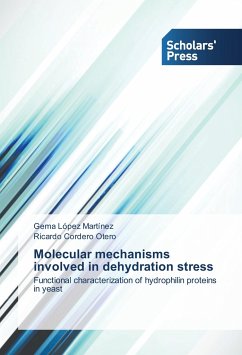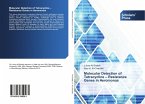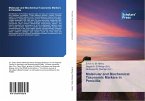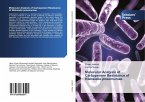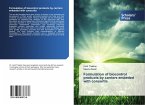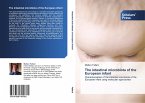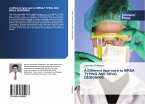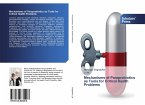Most yeast-based food industries are using Active Dry Yeast (ADY) due to its genetic stability at room temperature, reducing transport and storage costs. Unfortunately, most of isolated strains have the biotechnological handicap of losing viability during the dehydration process. On this matter, various hypotheses concerning a number of molecules and molecular mechanisms such as the proteins named hydrophilins. The overexpression of the hydrophilic protein Sip18p enhances the dehydration tolerance due to its antioxidant capacity in both laboratory and commercial wine yeast strains through the regulatory expression of proteins, some of them identified in this work for the first time. The results presented in this book deepen knowledge of the cross-talked desiccation tolerance mechanism and the metabolites involved in it.
Bitte wählen Sie Ihr Anliegen aus.
Rechnungen
Retourenschein anfordern
Bestellstatus
Storno

